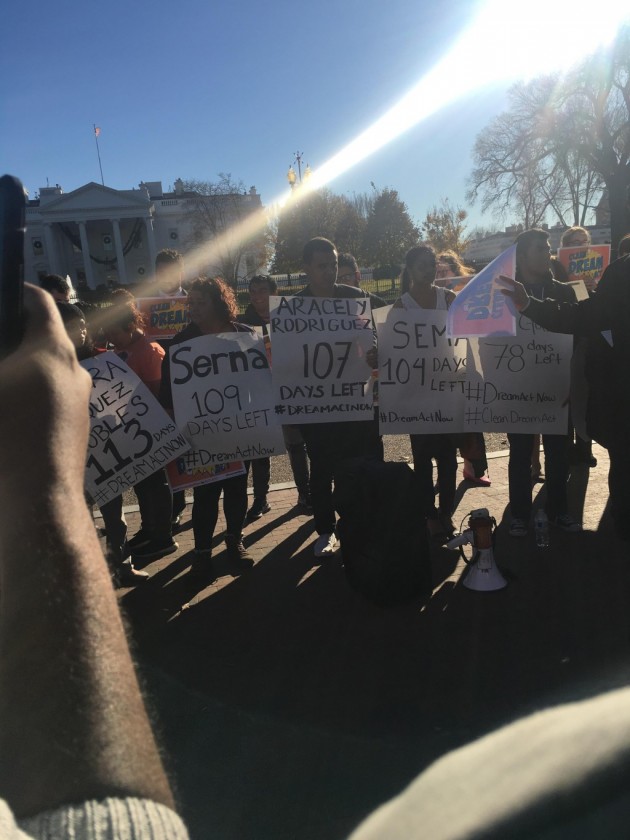Gaddafi Orders Destruction of WMDs
After years of strained relations between Libya and the UnitedStates, Colonel Muammar Gaddafi of Libya has come to terms with theinternational community by initiating efforts to dismantle weaponsstockpiles in his country.
Most of the pressure to destroy the weaponshas come from the United States, surprising many familiar with theGaddafi-US dichotomy because of the stark relationship between thetwo.
Early March Libya shipped out over 500 metrictons of equipment to the US as part of
the disarmament process. US White Houserepresentative, Sean McCormack, said that various long-rangemissiles and launchers were part of the package heading to anundisclosed site in the US.
“It is high time that he has come around forwanting to join the world community,” said Ruth Davis, who is theDistinguished Advisor for International Affairs at HowardUniversity. “US determination and our allies on the war onterrorism has made it more uncomfortable to be an outlawnation.”
She went on to say that improved tradeopportunities and diplomatic relations are a few of the benefitsGaddafi might see over the next few months.
Gaddafi is noted historically as arevolutionary leader and strongman, who supported pan-Arabic andrevolutionary causes. As a captain in 1969, Gaddafi led a coup thatoverthrew King Idris I and proclaimed Libya an Arab republic. Heused Libya’s vast oil wealth to support Palestinian guerrillasagainst Israel and aided other insurrectional and terroristgroups.
In the mid-1980s, widely regarded in the Westas the principal financier of international terrorism, he was thetarget of stepped-up military and diplomatic campaigns. Gaddafi wasinjured and his infant daughter killed in April 1986 when the U.S.bombed Libyan sites in response to terrorism allegedly traced toLibya.
Tony Blair traveled to Libya in late March ofthis year, marking the first conciliatory contact between the twocountries since 1984 when a woman police officerwas shot outside the Libyan embassy in London. Blair isalso the first premier to visit Libya since 1943.
Howard University Biology major, MeghanDrayton, applauded Gaddafi for his change of heart.
“It is a good gesture for Gaddafi to take hisweapons down and he will be taking the higher road considering thatthe US killed his youngest daughter.”
Sean Bogle, a senior broadcast journalismmajor at Howard, voiced similar sentiments.
“I think it is a sign that people can makemistakes and then make them right,” he said. “Gaddafi is showing alevel of humility, while the US still cares about what he did inthe past.”
Despite the US decision to accept Gaddafi’sweapons and the British trip to Libya, American officials are stilltaking a more guarded approach to the new relationship.
Furtherdiscussions between the countries are pending.

